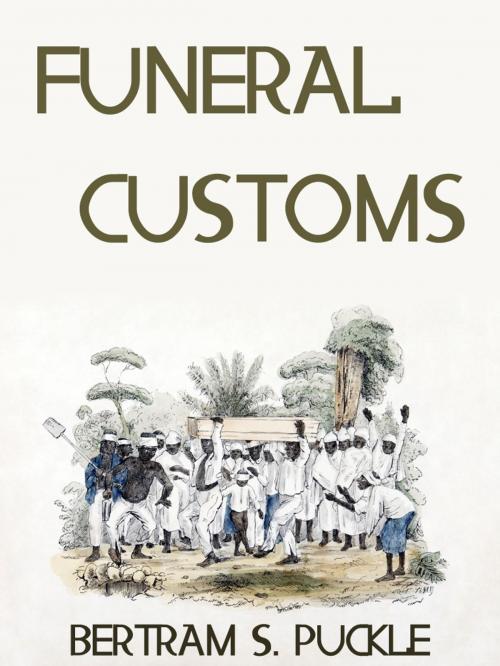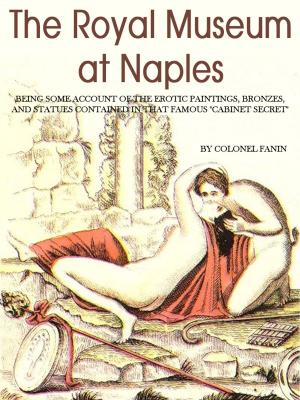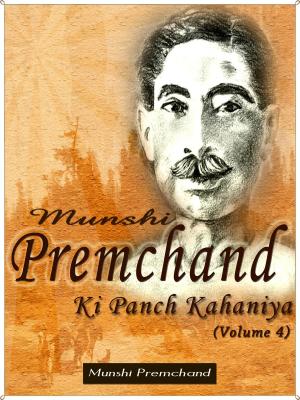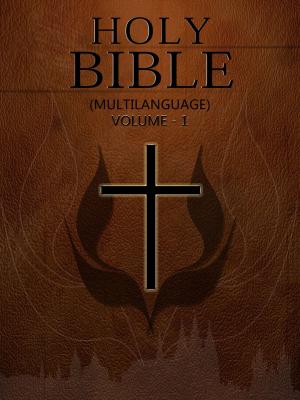Funeral Customs
Nonfiction, Social & Cultural Studies, Social Science, Human Services, Fiction & Literature, Classics, History| Author: | Bertram S. Puckle | ISBN: | 1230000027135 |
| Publisher: | AppsPublisher | Publication: | October 23, 2012 |
| Imprint: | Language: | English |
| Author: | Bertram S. Puckle |
| ISBN: | 1230000027135 |
| Publisher: | AppsPublisher |
| Publication: | October 23, 2012 |
| Imprint: | |
| Language: | English |
Funeral Customs
by Bertram S. Puckle
"A funeral is a ceremony marking a person's death. Funerary customs comprise the complex of beliefs and practices used by a culture to remember the dead, from the funeral itself, to various monuments, prayers, and rituals undertaken in their honor. These customs vary widely between cultures, and between religious affiliations within cultures. In some cultures the dead are venerated; this is commonly called ancestor worship. The word funeral comes from the Latin funus, which had a variety of meanings, including the corpse and the funerary rites themselves.
Funeral rites are as old as the human race itself, as well as other hominids. For example, in the Shanidar cave in Iraq, Neanderthal skeletons have been discovered with a characteristic layer of pollen, which suggests that Neanderthals buried the dead with gifts of flowers. This has been interpreted as suggesting that Neanderthals believed in an afterlife, and in any case were aware of their own mortality and were capable of mourning."
Funeral Customs
by Bertram S. Puckle
"A funeral is a ceremony marking a person's death. Funerary customs comprise the complex of beliefs and practices used by a culture to remember the dead, from the funeral itself, to various monuments, prayers, and rituals undertaken in their honor. These customs vary widely between cultures, and between religious affiliations within cultures. In some cultures the dead are venerated; this is commonly called ancestor worship. The word funeral comes from the Latin funus, which had a variety of meanings, including the corpse and the funerary rites themselves.
Funeral rites are as old as the human race itself, as well as other hominids. For example, in the Shanidar cave in Iraq, Neanderthal skeletons have been discovered with a characteristic layer of pollen, which suggests that Neanderthals buried the dead with gifts of flowers. This has been interpreted as suggesting that Neanderthals believed in an afterlife, and in any case were aware of their own mortality and were capable of mourning."















